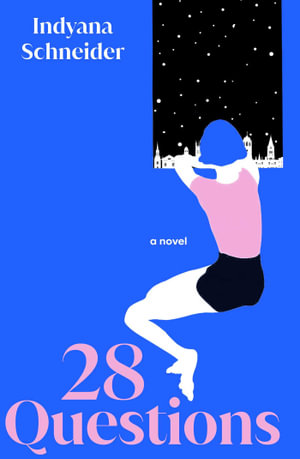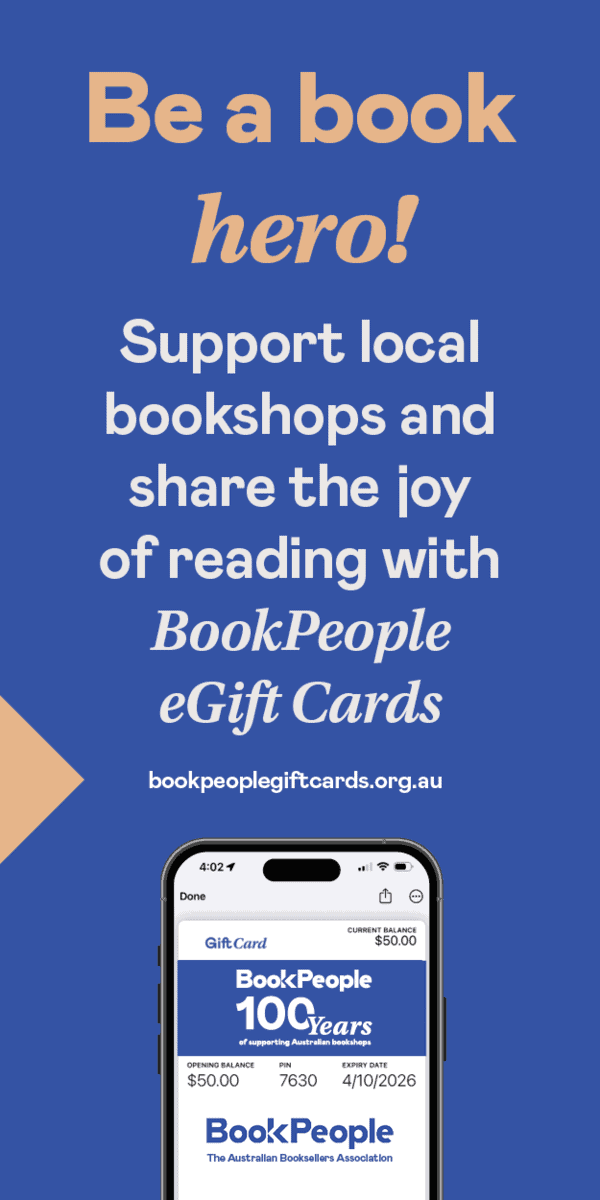INDYANA SCHNEIDER studied music at Oxford University and went on to sing opera professionally in Vienna. We caught up with her to discuss her novel, 28 Questions, which follows students Amalia and Alex as they navigate their friendship and love.
Like your character Amalia, you moved from Sydney to the UK to study music at Oxford University – how much of this character was inspired by your own personal experiences?
It’s interesting that many debut novelists share biographical details with their narrators/protagonists. I can think of four recent examples faster than I can say Sally Rooney. Of course, there is a security in writing what you know, particularly as a first-time author. But there’s something more. A friend of mine and a brilliant writer, Jennifer Schaffer-Goddard, wrote about ‘bloodless’ literature in a recent newsletter (I highly recommend anything written by Jennifer: https://substack.com/profile/14774-jennifer-s-g). She calls attention to a tone of ‘knowing coolness’ threaded through a lot of (very good, very successful) contemporary fiction.

The novel follows Amalia and Alex as they struggle to navigate their sexual identity – why did you feel it was important to show the spectrum of experiences through their two distinct journeys?
In the novel, one character remarks that queer people already feel like they have something in common (their sexuality) on a first date in the way straight people don’t. While I think this is true in a lot of circumstances, obviously experiences of ‘sexual identity navigating’ are vastly different depending on a host of factors (class, race, religion etc).
Actually, I think as far as coming out experiences go, Amalia and Alex have pretty similar journeys – neither receive backlash from their families, both experience fear/confusion but kind of go along with it, neither are worried about the intersection of queerness with their faiths … Where they differ is their expectations and communication within friendly and romantic relationships. Vitally, with first person narration, you’re always going to see Alex’s identity through Amalia’s blurry, lusty lenses, which was an additional factor to consider (and very fun to write!).
Throughout your novel you deal with themes surrounding mental health – what compelled you to explore these issues?
I thought it was important for a novel mainly about Oxford University undergraduates to be honest about the mental health struggles students face. Of course, this affects students across universities, but Oxford was my personal experience. For instance, at my college, in order to climb a pretty tower, students had to get written permission from professors that we were in a healthy mental state.
Another thought – at my high school in Sydney, we weren’t taught enough about mental health (e.g. symptoms of anxiety). So at university when I was suddenly unable to breathe and my chest started hurting, I was terrified. Before I knew better, I assumed I was having a heart attack. So I guess this is also my small contribution to normalising/talking about mental health, particularly among young adults.
Your novel explores the various trials and tribulations of young love – what do you hope your readers will take away from Alex and Amalia’s relationship?
I think I’d love readers to join me in questioning: why does the perfect friendship not always translate into the perfect relationship? And I think I’d also love readers to engage with some of the queer-specific themes of young love. Mostly, I’d love to affect readers in some way. For me, this is why we art (verb).
How did you develop the characters of Eve, Alex, and Amalia, and how they change over the course of four years?
You know how when you see someone every day you don’t really notice them age/change, but if you see them once a year, you notice stark, jarring differences? I knew I wanted to write a book that was more like the former, with characters who change dramatically, but subtly and slowly, throughout. I knew I wanted to write about an Australian meeting another Australian in Oxford, and it made sense to set up a slightly skewed power dynamic by making Alex a little older than Amalia. I wanted Amalia and Alex to have this beautiful connection, but also to differ in certain opinions and behaviours – their thoughts on identity, for example. Eve was particularly fun to write as she kind of shares a sense of humour with one of my best mates, who I think is very funny. Once I’d worked out their backgrounds and personalities, the characters’ growth came quite naturally whilst writing their lives over four years.
Your novel includes distinct visual features, such as sheet music and heavy dialogue – why did you choose to include these elements?
Creating Amalia’s character and voice, it felt natural that she would kind of view her life in this dramatic, operatic way. So her story occurs over four years (like opera/play acts), and features music and play-like text as it made sense that this is how she would want to tell her story.
Then on a more personal level – music is my life and every day, so it didn’t even occur to me to write fiction that didn’t feature music. I can’t imagine any future novels I write not including music in some form. I’m still so grateful and excited that Scribner included visual sheet music in the novel, as I’ve never seen this in print before.
Queer love stories are underrepresented in literature – what’s the importance in providing diverse stories?
Oh, where do I start? So much of reading is about inhabiting worlds that aren’t our own and there’s no question diverse stories enhance empathy.
And then I also think reading a queer book whilst thinking about your own sexuality can be a really special experience. For me, reading queer love stories helped put into words feelings and thoughts that felt ineffable or difficult.
This novel features many strong female characters – are these characters shaped by people in your own life?
I’m glad you think so! I am absolutely surrounded by many brilliant and inspiring women and I’m sure this played a part in my characterisations.






